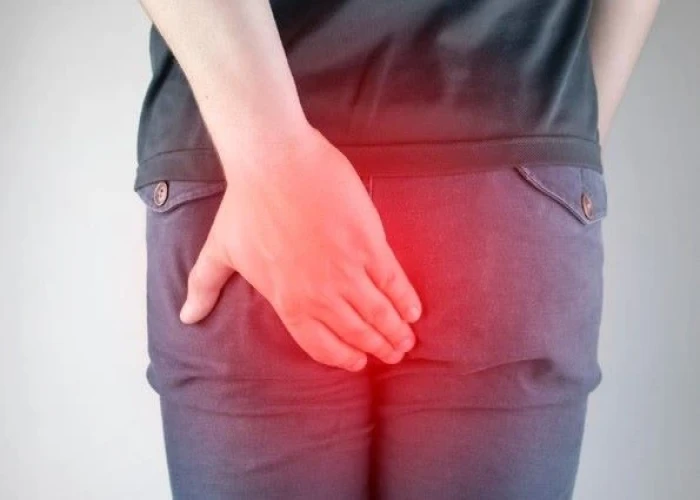 Welcome
Welcome
“May all be happy, may all be healed, may all be at peace and may no one ever suffer."
Proctitis
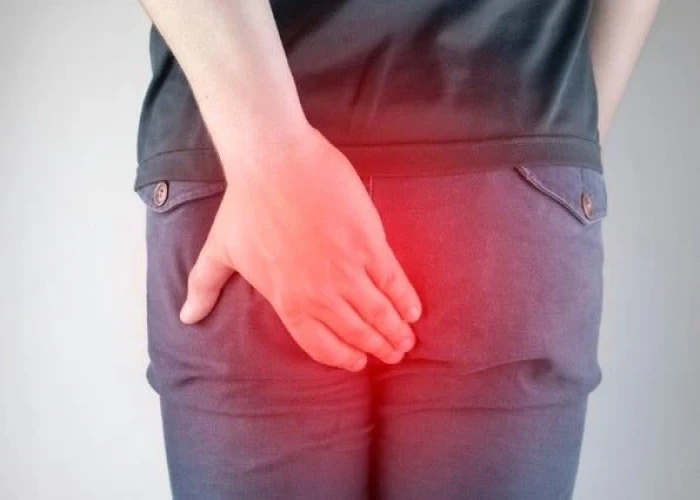
Proctitis is a medical condition characterized by inflammation of the rectal lining, which can result in a range of symptoms including rectal pain, bleeding, discharge, and difficulty passing stools. It is a form of inflammatory bowel disease (IBD) that affects the rectum and is often associated with other types of IBD, such as ulcerative colitis and Crohn's disease.
Proctitis can be caused by a variety of factors, including infections such as sexually transmitted infections (STIs), radiation therapy, or autoimmune diseases such as ulcerative colitis. In some cases, the exact cause of proctitis may be unknown.
The symptoms of proctitis can vary from person to person and may include rectal pain, bleeding during bowel movements, diarrhea, and a feeling of incomplete bowel emptying. Some people may also experience fatigue, fever, and weight loss.
The diagnosis of proctitis is typically made through a combination of medical history, physical examination, and laboratory tests. A colonoscopy or sigmoidoscopy may also be performed to examine the rectal lining and obtain tissue samples for biopsy.
The treatment for proctitis depends on the underlying cause and severity of the condition. For infections such as STIs, antibiotics may be prescribed to treat the infection. Anti-inflammatory medications such as corticosteroids or mesalamine may be used to reduce inflammation in cases of ulcerative colitis or Crohn's disease. In some cases, surgery may be necessary to remove the affected area of the rectum.
It is important for people with proctitis to receive regular medical care and follow-up, as the condition can lead to complications such as rectal strictures, fistulas, or abscesses.
Research Papers
Disease Signs and Symptoms
- Frequent bowel movements
- Rectal bleeding
- Abdomen pain
- Abdomen cramps
- Fullness in abdomen
- Diarrhea
- Flu-like signs and symptoms (with bacterial prostatitis)
Disease Causes
Proctitis
Several diseases and conditions can cause inflammation of the rectal lining. They include:
- Inflammatory bowel disease. About 30% of people with inflammatory bowel disease (Crohn's disease or ulcerative colitis) have inflammation of the rectum.
- Infections. Sexually transmitted infections, spread particularly by people who engage in anal intercourse, can result in proctitis. Sexually transmitted infections that can cause proctitis include gonorrhea, genital herpes and chlamydia. Infections associated with foodborne illness, such as salmonella, shigella and campylobacter infections, also can cause proctitis.
- Radiation therapy for cancer. Radiation therapy directed at your rectum or nearby areas, such as the prostate, can cause rectal inflammation. Radiation proctitis can begin during radiation treatment and last for a few months after treatment. Or it can occur years after treatment.
- Antibiotics. Sometimes antibiotics used to treat an infection can kill helpful bacteria in the bowels, allowing the harmful Clostridium difficile bacteria to grow in the rectum.
- Diversion proctitis. Proctitis can occur in people following some types of colon surgery in which the passage of stool is diverted from the rectum to a surgically created opening (stoma).
- Food protein-induced proctitis. This can occur in infants who drink either cow's milk- or soy-based formula. Infants breast-fed by mothers who eat dairy products also may develop proctitis.
- Eosinophilic proctitis. This condition occurs when a type of white blood cell (eosinophil) builds up in the lining of the rectum. Eosinophilic proctitis affects only children younger than 2.
Disease Prevents
Proctitis
To reduce your risk of proctitis, take steps to protect yourself from sexually transmitted infections (STIs). The surest way to prevent an STI is to abstain from sex, especially anal sex. If you choose to have sex, reduce your risk of an STI by:
- Limiting your number of sex partners
- Using a latex condom during each sexual contact
- Not having sex with anyone who has any unusual sores or discharge in the genital area
If you're diagnosed with a sexually transmitted infection, stop having sex until after you've completed treatment. Ask your doctor when it's safe to have sex again.
Disease Treatments
Treatment for proctitis depends on the underlying cause of the inflammation.
Treatment for proctitis caused by an infection
Your doctor may recommend medications to treat your infection. Options may include:
- Antibiotics. For proctitis caused by bacterial infections, your doctor may recommend an antibiotic, such as doxycycline (Oracea, Vibramycin, others).
- Antivirals. For proctitis caused by viral infections, such as the sexually transmitted virus herpes, your doctor may prescribe an antiviral medication, such as acyclovir (Sitavig, Zovirax, others).
Treatment for proctitis caused by radiation therapy
Mild cases of radiation proctitis may not require treatment. In other cases, radiation proctitis can cause severe pain and bleeding that requires treatment. Your doctor may recommend treatments such as:
- Medications. Medications are given in pill, suppository or enema form. They include sucralfate (Carafate), mesalamine (Asacol HD, Canasa, others), sulfasalazine (Azulfidine) and metronidazole (Flagyl). These medications can help control inflammation and reduce bleeding.
- Stool softeners and dilation. These can help open up obstructions in the bowel.
- Treatment to destroy damaged tissue. These techniques improve proctitis symptoms by destroying abnormal tissue (ablation) that is bleeding. Ablation procedures used to treat proctitis include argon plasma coagulation (APC), cryoablation, electrocoagulation and other therapies.
Proctitis caused by inflammatory bowel disease
Treatment of proctitis related to Crohn's disease or ulcerative colitis is aimed at reducing the inflammation in your rectum. Treatment may include:
- Medications to control rectal inflammation. Your doctor may prescribe anti-inflammatory medications, either by mouth or as a suppository or enema, such as mesalamine (Asacol HD, Canasa, others) — or corticosteroids — such as prednisone (Rayos) or budesonide (Entocort EC, Uceris). Inflammation in people with Crohn's disease often requires treatment with a medication that suppresses the immune system, such as azathioprine (Azasan, Imuran) or infliximab (Remicade).
- Surgery. If drug therapy doesn't relieve your signs and symptoms, your doctor may recommend surgery to remove a damaged portion of your digestive tract.
Disease Diagnoses
Disease Allopathic Generics
Disease Ayurvedic Generics
Disease Homeopathic Generics
Disease yoga
Proctitis and Learn More about Diseases

Polymorphous light eruption

Ear infection (middle ear)

Eating disorders
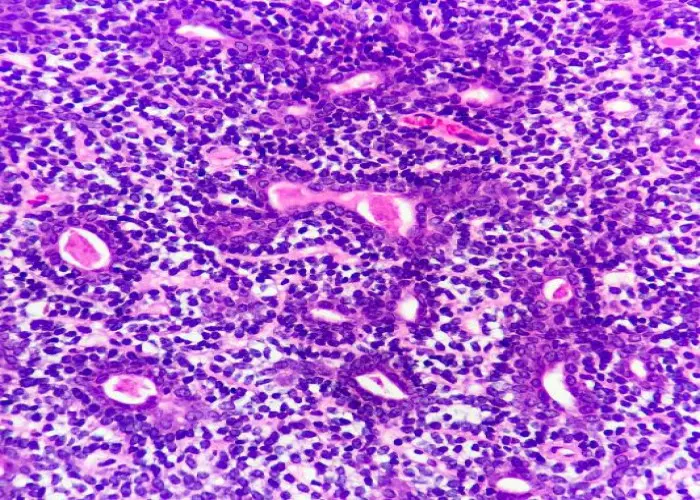
Adnexal tumors

Glucoma
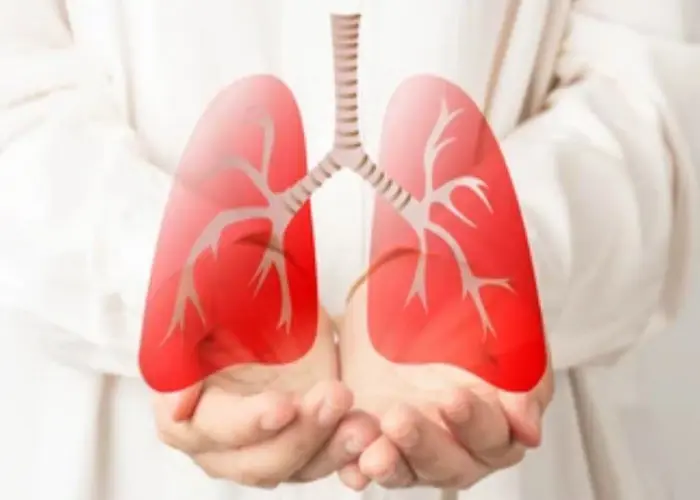
COPD

Movement disorders
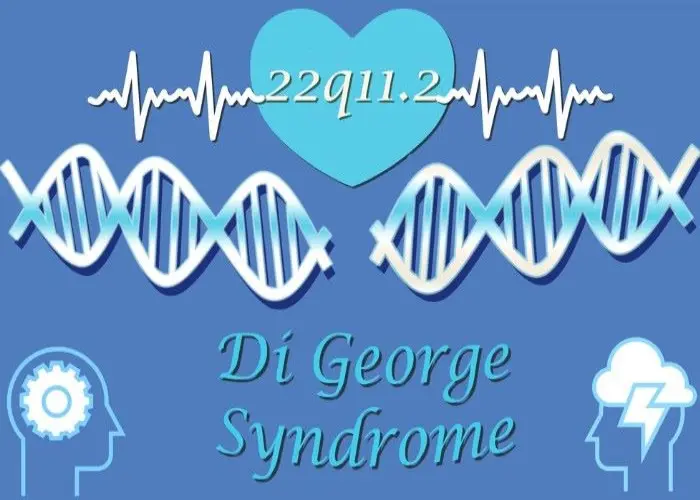
DiGeorge syndrome (22q11.2 deletion syndrome)
proctitis, প্রকটাইটিস
To be happy, beautiful, healthy, wealthy, hale and long-lived stay with DM3S.
